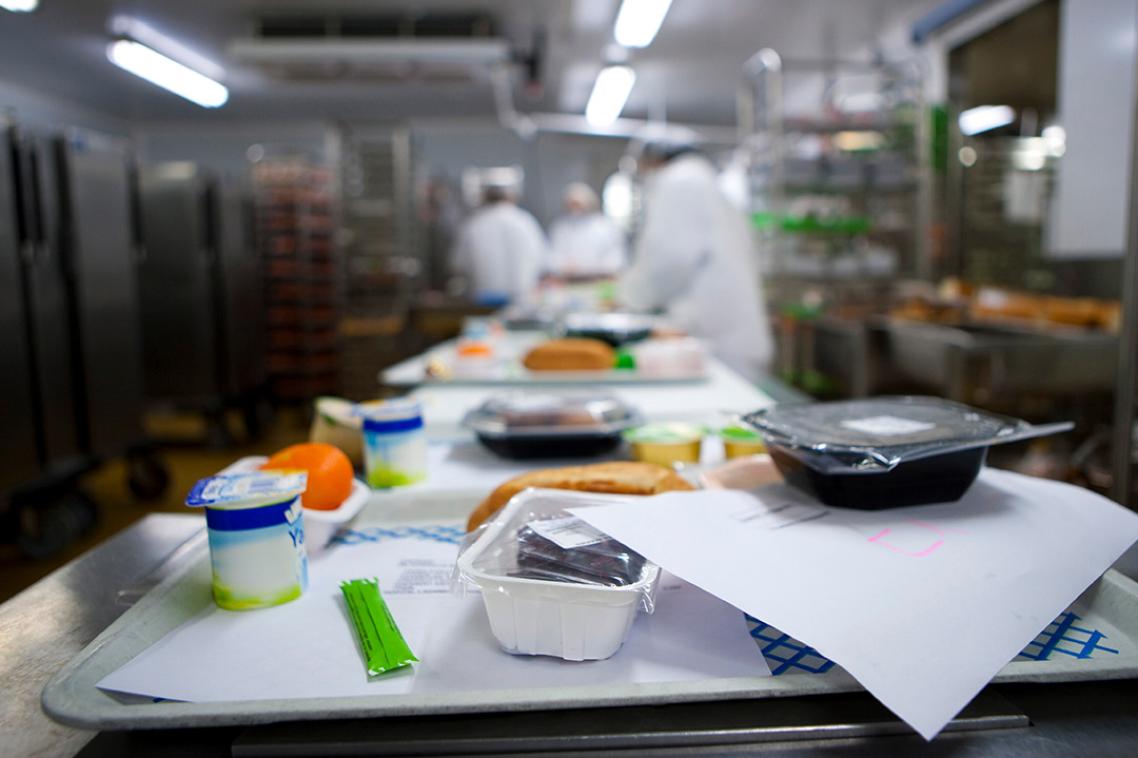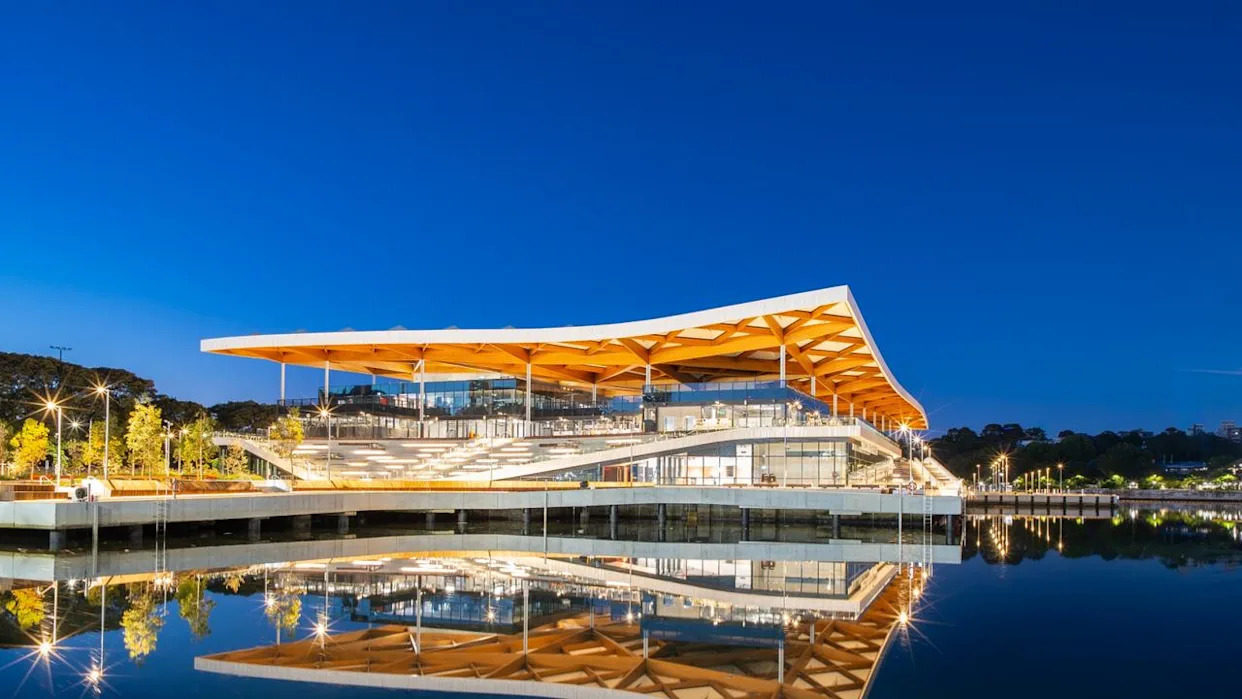
Tasmania is poised for its second state election in just 16 months, with key issues affecting the political landscape and the daily lives of residents. Scheduled for March 15, 2024, this election comes as the state grapples with significant challenges, including logistical issues impacting essential goods and the potential fate of its AFL team, the Tasmanian Devils.
The delays in shipping, particularly concerning vessels stranded off the coast of Africa, have raised concerns about supply chain disruptions. Many Tasmanians rely on timely deliveries of goods, and the ongoing situation has prompted frustration among both consumers and businesses. The state’s economy, which is heavily dependent on tourism and agriculture, is feeling the strain as residents worry about the availability of crucial supplies.
As the election approaches, the political landscape is heating up. The incumbent government, led by the Liberal Party, faces a formidable challenge from the opposition Labor Party, which aims to capitalize on public discontent regarding the current administration’s handling of logistical difficulties. The Labor Party has been vocal about its plans to improve infrastructure and streamline supply chains if elected, promising a more responsive governance model.
Strong competition is also expected from the Greens, who are advocating for environmental sustainability and policies aimed at protecting Tasmania’s unique ecosystems. Their platform resonates with many voters concerned about the impact of climate change on the state’s natural resources.
In the lead-up to the election, the future of the Tasmanian Devils AFL team hangs in the balance as well. The team is awaiting a decision from the AFL regarding its funding and viability, which could significantly influence voter sentiment. Supporters of the team argue that securing a spot in the league is crucial not only for local pride but also for boosting the economy through increased tourism and local engagement.
Political analysts indicate that the election will likely hinge on how well the parties can address these pressing issues. The Liberal Party’s response to the supply chain crisis and the fate of the AFL team will be pivotal in swaying public opinion. In recent polls, the government has seen a decline in approval ratings, reflecting a growing wave of dissatisfaction among the electorate.
As campaign activities ramp up, candidates are focusing on engaging with the community. Town hall meetings and public forums are being organized across the state, allowing voters to voice their concerns and hear directly from their representatives. The importance of these interactions cannot be overstated, as they provide a platform for accountability and transparency.
With the election date rapidly approaching, Tasmania stands at a crossroads. The outcome will not only determine the political leadership for the next term but also set the course for how the state navigates its current challenges. As residents prepare to cast their ballots, the weight of their decisions will carry significant implications for the future of Tasmania.







